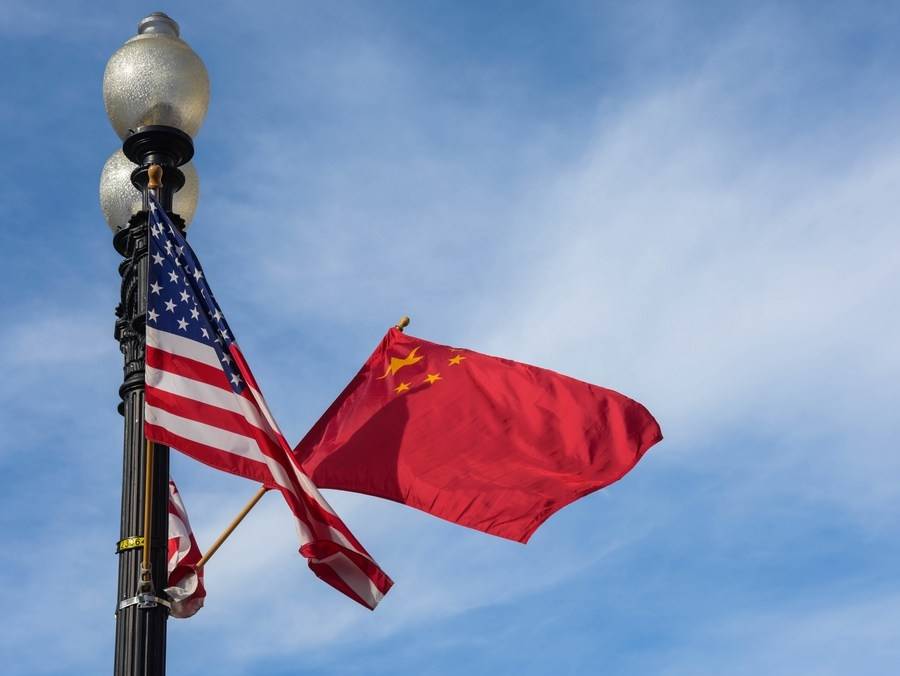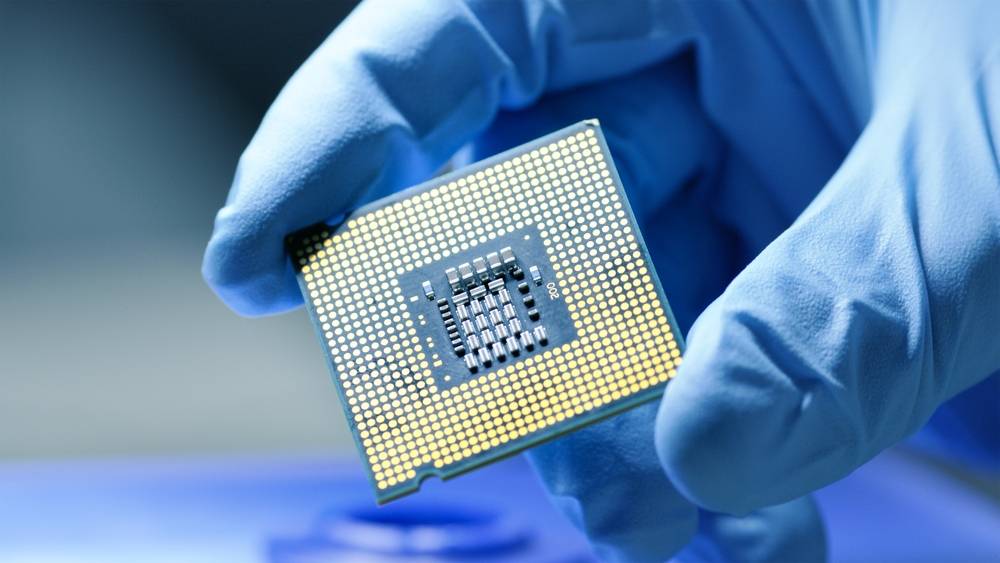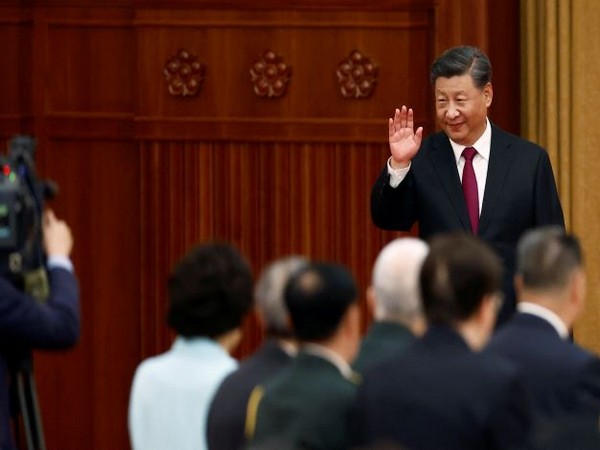Continuing on the countermeasures to hinder China’s technological ambitions, the Biden administration recently introduced a fresh set of guidelines for American companies that trade with China…reports Asian Lite News
Amid heightened cross-strait tensions between China and Taiwan, there is a shortage of semiconductor chips across the world, fuelling a technological cold war between the US and China.
Continuing on the countermeasures to hinder China’s technological ambitions, the Biden administration recently introduced a fresh set of guidelines for American companies that trade with China, reported Global Strat View.
The Department of Commerce, on August 9, introduced the USD 50 billion CHIPS and Science Act of 2022 to strengthen the domestic semiconductor industry, commonly referred to as the chips industry, as a part of USD 280 billion capital for research and advanced technological manufacturing.
The Biden administration’s strict measure against China has two particular reasons. The first one is that the US and most developed countries are worried that China is weaponizing semiconductors and using them for destructive purposes. Lately, the surging cyber-attacks from Chinese state-sponsored hackers have raised concerns in Washington.

Second, the US is also concerned about China’s use of semiconductors or chips for military purposes. For these reasons, the US has kept up the pressure on Chinese companies. It is leaving no stone unturned to bridle Chinese technological ambitions, reported Global Strat View.
Besides the CHIPS Act, the United States also recently hosted a preliminary meeting of a working group, dubbed ‘Chip 4’, to discuss semiconductor supply chain resilience and cooperation, reported Global Strat View.
The group includes Taiwan Semiconductor Manufacturing Co Ltd, the world’s largest contract chip maker, South Korean memory chip giants Samsung Electronics Co Ltd and SK Hynix, and key Japanese semiconductor materials and equipment suppliers.
These developments come amid the threat to national security, meaning that American companies are banned from dealing and trading with China for the next couple of years in this sector. In short, US-based firms will not be allowed to invest or develop anything related to chips, particularly in China.
Amongst the many domains where the US and China compete to gain global influence in technology, semiconductor chips are one of the most crucial aspects of their great power strategic competition. The rivalry is centred around semiconductors, a critical component of every electronic device.
Lately, the semiconductor industry has gained significant weight in the world’s geopolitical calculations since it can influence global economic and military dimensions. That is why it remains a crucial factor in the tensions between the US, China, and Taiwan as well, reported Global Strat View.
The impetus behind this technological Cold War can be traced to 2015 when China announced its ‘Made in China 2025’ strategy. This was when the global supply chain system was struggling, and China sought to grab the opportunity by focusing on boosting its manufacturing industry. Through this strategy, it wants to achieve the title of the world’s supplier.
This raised alarm bells in Washington. Effective immediately, the Trump administration started restricting equipment sales of Huawei, a major player in the telecommunication and technology sector. The United States also ensured that the US-based companies did not provide any export licenses to the companies that used to provide components to Huawei, reported Global Strat View.
Last September, the US government-imposed sanctions against the largest Chinese chip manufacturer – Semiconductor Manufacturing International Corporation (SMIC), citing the “unacceptable risk of SMIC being used for military ends.” This damaged China’s ambitions to become a world leader in technology.
One of the effects of the US restrictions on China includes the Graphics Processing Units or GPUs, which are mainly manufactured by Silicon Valley-based companies like Nvidia and Advanced Micro Devices. Although these components were initially meant for rendering images in video games, they have been lately deployed in supercomputers by scientists.
These supercomputers are used for the purposes of research and development of weapons as well as intelligence gathering. Some of the large-scale systems in China have been linked to surveillance, reported Global Strat View.

China’s chip output shrinks
According to the South China Morning Post, the production of integrated circuits (ICs) by China slumped 24.7 per cent year on year to 24.7 billion units, marking the largest single-month decrease since 1997.
This is also the second consecutive month of decline for chip manufacturing. In July, the output nosedived 16.6 per cent to 27.2 billion units.
Local output of microcomputers fell 18.6 per cent to 317.5 billion units in August.
In August, domestic manufacturing activity contracted for the first time in three months, the report mentioned.
A record 3,470 chip-making companies “went out of business in the first eight months of the year”, according to statistics from business database platform Qichacha.
The slump in chip production in China is coming as both India and the US ramp up efforts to bolster local chip manufacturing.













